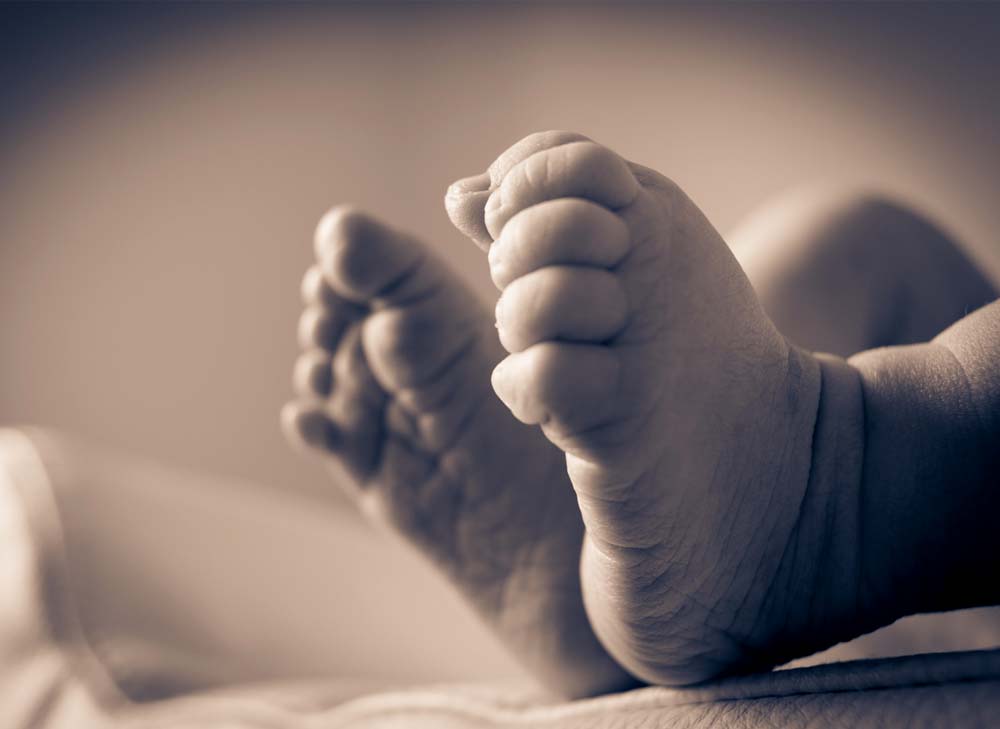
24 Aug Stillbirths: Australia’s health policies ‘failing these babies and their families’
Source: The Guardian
Stillbirth Foundation of Australia calls on federal parliament to establish a national action plan
It is considered one of Australia’s neglected health epidemics, and now the Stillbirth Foundation is calling on the federal parliament to establish a national health plan to ensure “hope replaces heartbreak”.
Following Kristina Keneally’s entry to the Senate, a bipartisan, cross-party inquiry into the nation’s stillbirth rate and research was set up, after years of calls to address an issue that has largely been politically ignored for decades.
Keneally’s daughter Caroline was stillborn in 1998. More than two decades later, the rate of stillborn children in Australia remains the same, affecting six families a day.
The Stillbirth Foundation of Australia, for which Keneally was patron until early this year when she returned to politics, has told the Senate select committee on stillbirth research and education that the nation’s “health policy … has failed these babies and their families” for too long.
“The foundation argues for a greater focus and more research on identifying the causes and factors that we don’t know about, as well as more education, to better communicate with parents and medical practitioners alike, about the risk factors, mitigation strategies and warning signs we do know about,” it said.
“Ensuring we have reliable data is key and securing predictable and targeted levels of funding for research, education and awareness raising is also vitally important.
“Ideally, this will be achieved by a strategic and well-considered policy approach from federal government, which is long overdue.
“Not a piecemeal approach but rather a coherent policy roadmap that sets out priorities, has measured targets and the necessary funding behind it.”
The foundation’s principal recommendation was for a national action plan involving stakeholders from not only the medical community but also families affected by stillbirth, health bureaucrats and midwives and nurses, as well as representative groups.
The foundation’s chief executive, Victoria Bowring, said it was a “disgrace” the rate of stillborn children in Australia had not shifted in decades.
“Too often we see inconsistent medical care, a lack of awareness in the community, not enough coordination and investment in research and poor data collection and management,” she said.
“Australia should be ambitious in how it addresses this scourge of stillbirth and the foundation believes a national action plan for stillbirth is the optimal approach.
“We have seen a similar approach recently with the national action plan for endometriosis being developed by the federal government, and a similar model could work for stillbirth.”
The committee is due to report back with its recommendations in early 2019.

